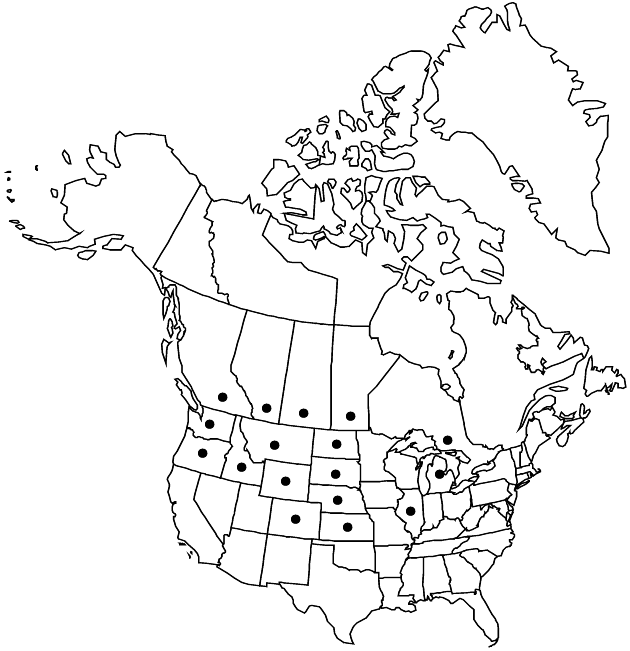Difference between revisions of "Heterotheca villosa var. villosa"
FNA>Volume Importer |
imported>Volume Importer |
||
| (6 intermediate revisions by 2 users not shown) | |||
| Line 1: | Line 1: | ||
{{Treatment/ID | {{Treatment/ID | ||
|accepted_name=Heterotheca villosa var. villosa | |accepted_name=Heterotheca villosa var. villosa | ||
| − | |accepted_authority= | + | |accepted_authority= |
|publications= | |publications= | ||
| + | |special_status={{Treatment/ID/Special_status | ||
| + | |code=E | ||
| + | |label=Endemic | ||
| + | }} | ||
|basionyms= | |basionyms= | ||
|synonyms={{Treatment/ID/Synonym | |synonyms={{Treatment/ID/Synonym | ||
|name=Chrysopsis mollis | |name=Chrysopsis mollis | ||
|authority=Nuttall | |authority=Nuttall | ||
| + | |rank=species | ||
}} | }} | ||
|hierarchy=Asteraceae;Asteraceae tribe Astereae;Heterotheca;Heterotheca villosa;Heterotheca villosa var. villosa | |hierarchy=Asteraceae;Asteraceae tribe Astereae;Heterotheca;Heterotheca villosa;Heterotheca villosa var. villosa | ||
| Line 31: | Line 36: | ||
-->{{#Taxon: | -->{{#Taxon: | ||
name=Heterotheca villosa var. villosa | name=Heterotheca villosa var. villosa | ||
| − | + | |authority= | |
| − | |authority= | ||
|rank=variety | |rank=variety | ||
|parent rank=species | |parent rank=species | ||
| Line 45: | Line 49: | ||
|publication title= | |publication title= | ||
|publication year= | |publication year= | ||
| − | |special status= | + | |special status=Endemic |
| − | |source xml=https:// | + | |source xml=https://bitbucket.org/aafc-mbb/fna-data-curation/src/2e0870ddd59836b60bcf96646a41e87ea5a5943a/coarse_grained_fna_xml/V19-20-21/V20_545.xml |
|tribe=Asteraceae tribe Astereae | |tribe=Asteraceae tribe Astereae | ||
|genus=Heterotheca | |genus=Heterotheca | ||
Latest revision as of 20:03, 5 November 2020
Stems decumbent to erect, 16–39 cm, moderately to densely strigose, sparsely to abundantly long-hirsute, eglandular or sparsely stipitate-glandular. Distal cauline leaf blades oblanceolate, 21–35 × 3.5–6 mm, bases narrowly cuneate to attenuate, margins flat, apices acute, faces moderately strigose (20–60 hairs/mm2), eglandular or sparsely stipitate-glandular. Heads 1–12(–25). Peduncles (5–)12–47(–67) mm, sparsely to densely hispido-strigose, eglandular; bracts subtending heads usually none, rarely linear-oblanceolate, leaflike. Involucres narrowly cylindric to campanulate (fresh), (5–)6–9(–11) mm. Phyllaries narrowly triangular-lanceolate, margins usually reddish purple distally, faces moderately to densely strigose, eglandular. Ray florets 10–27(–38), laminae (6.5–)8.5–15(–20) mm. 2n = 18, 36.
Phenology: Flowering (May–)Jun–Oct(–Nov, south).
Habitat: Silty, sandy loam or clay soils, chalk, or granitic soils, gravel soils, dry shale-limestone soils, red sandstone soils, travertine soils of sandhill prairies, pastures, grasslands, roadsides, railroad rights-of-way
Elevation: 300–2300(–2900) m
Distribution

Alta., B.C., Man., Ont., Sask., Colo., Idaho, Ill., Kans., Mich., Mont., Nebr., N.Dak., Oreg., S.Dak., Wash., Wyo.
Discussion
Variety villosa grows primarily in the Great Plains region; it is rare in Colorado, Idaho, Illinois, Kansas, and Oregon, and represented in Michigan and southern Ontario by chance introduction.
Selected References
None.